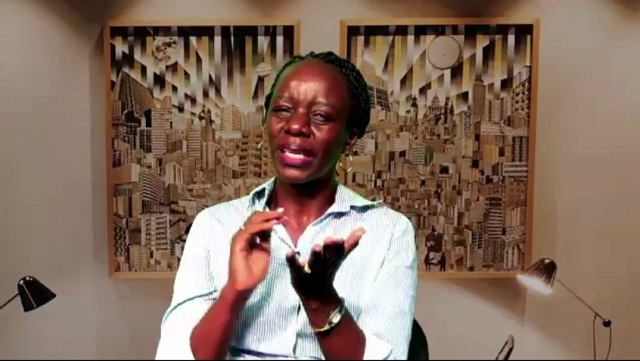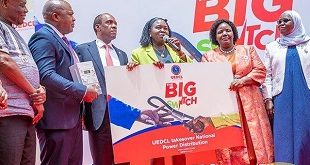
Kampala, Uganda | THE INDEPENDENT | There is a direct connection between education institutions and worship places when it comes to preparing the minds of learners who have been out of school for the last 78 weeks, experts say.
Speaking at a virtual townhall meeting on Nov.08, under the theme “education and COVID-19 – what is the way forward, experts said, Covid-19 management should be seen in the lese of parents, educationists, civil society, government representatives and students especially now that the country plans to reopen schools.
Jackie Barlow, a parent said, as government plans to reopen the country, a lot of effort should be geared towards having the school going population socialising and relating in the same way.
She said parents and teachers that opted for e-learning could have elevated their children to another status which is totally different from those that were unable to do virtual learning, and that could cause social problems.
Therefore, she said, full reopening of religious institutions is key in giving hope, sense of purpose to the learners returning to school.
“We need to have our children prepared emotionally and spiritually,” she said, “worship centres are the best places to have this achieved.”
By keeping most children home and not in these worship places, Barlow said, the country risks breeding a generation that is going to commit crime.
“What we are breeding now is something that is going to come back and hit us,” she said.
Jothan Y. Burobuto, the executive director for Uganda Youth Network expressed fears about some employers not hiring a generation whose school calendar falls under the two years of COVID disruption.
“We need to give all learners hope, an environment to achieve their academic dreams,” he said.
He also added his voice on urging the government to fully reopen centres of worship given their role in mentoring the minds of young people to become good future citizens.
“Worship centres could be good places for talking to young people on how to be resilient and bounce back to normal lives,” he said.
Abubaker Matanda, Magistrate and Law Lecturer at Islamic University in Uganda said, as reopening of schools takes shape, there should have been a discussion or plan on preparing the stakeholders for the real work since they have been away for some time.
“Some teachers, school owners have moved on to other things,” he said, adding, the grand plan should have involved giving teachers refresher courses to prepare them for the real work.
Musa Mugoya, a researcher and programme officer at a local NGO said, as schools reopen, authorities need to prepare to deal with the phycological aspect of the learners, some of whom, he said, might engage in crime and become problematic to other peers.
He also said, authorities need to do proper audits on the number of teachers available, schools, structures to inform actual planning and reopening.
Mugoya further suggested the need for government to invest in back-to-school campaigns so as to seduce learners who could have lost hope during the lockdown to regain it and return to class.
Shannon Mujera, team leader at the National Christian Students’ Association, Kenya said, full reopening and restoring life back to normal can only happen and achieve meaningful results when key stakeholders including government, private sector, religious players, parents unite with the same purpose of restoring lives that were there before the pandemic hit.
Yesterday’s virtual townhall meeting was moderated by Simon Ssenyonga, a lawyer and an advocate for full reopening of the country.
 The Independent Uganda: You get the Truth we Pay the Price
The Independent Uganda: You get the Truth we Pay the Price



